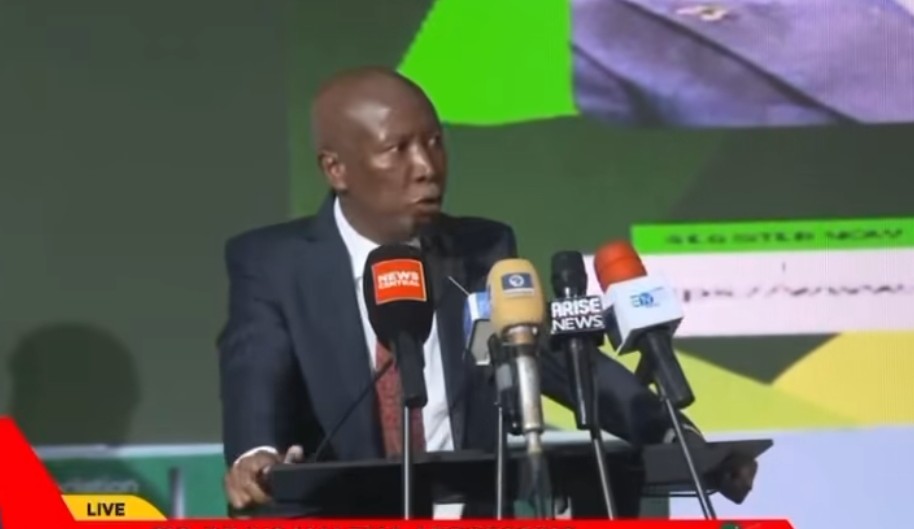A prominent legal opinion piece published today by Rt. Hon. John Gaul Lebo suggests that officials of the Petroleum and Natural Gas Senior Staff Association of Nigeria (PENGASSAN) could face severe criminal and civil penalties, including jail terms of up to 25 years, for allegedly ordering upstream oil workers to halt crude and gas supplies to the Dangote Refinery.
Lebo argues that by issuing the directive, PENGASSAN “crossed a perilous legal threshold” and that the action was not a lawful industrial action but a “reckless directive that may amount to criminal sabotage.”
Legal Framework for Prosecution
The former legislator dissected the legal implications, asserting that union rights guaranteed by Section 40 of the Nigerian Constitution do not extend to obstructing private contracts or sabotaging national assets.
Lebo cited several laws under which PENGASSAN officials could be prosecuted:
Trade Disputes Act: He claims the union ignored the mandatory procedures for mediation, arbitration, and referral to the Industrial Arbitration Panel before taking action, meaning “No trade dispute was declared, and legal remedies were not exhausted.”
Tortious Interference: The directive is classified as interfering with binding contracts between the refinery and its suppliers, making the instigator liable for civil damages.
Criminal Code Act (Sections 516, 518, 451): Potential charges include conspiracy to commit a felony (up to 7 years), incitement to commit an offence (up to 3 years), and willful disruption of lawful business (up to 5 years).
EFCC Act: Lebo stated that the Economic and Financial Crimes Commission (EFCC) could consider the directive a case of economic sabotage, which carries a penalty of 5 to 10 years’ imprisonment.
‘Brutal Legal Truth’
Lebo concluded with a stark warning, stating that should the Federal Government pursue prosecution, officials could be found guilty of contractual interference, incitement, economic sabotage, and unlawful industrial action.
“Convictions may result in sentences ranging from 7 to 25 years in prison, substantial fines, and civil liability for damages,” the piece warned.
He urged the government to apply the law “firmly, dispassionately, and without sentiment,” asserting that if the line is not drawn, it will embolden “rogue actors across sectors,” thereby jeopardizing national stability and investor confidence. The legal expert emphasized that while union rights are sacred, they are “not a blank cheque for anarchy.”





